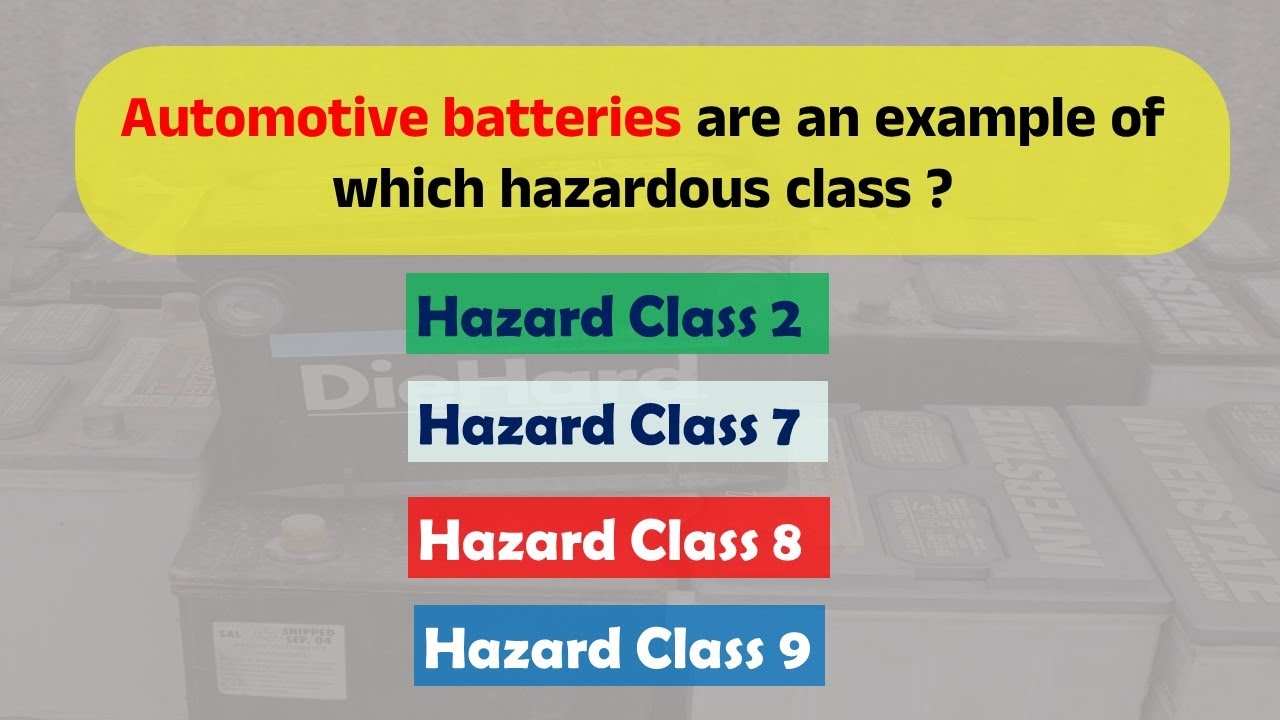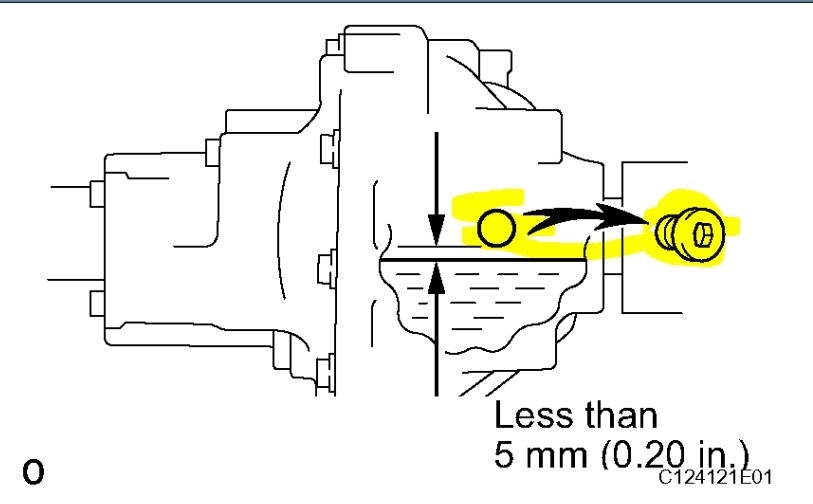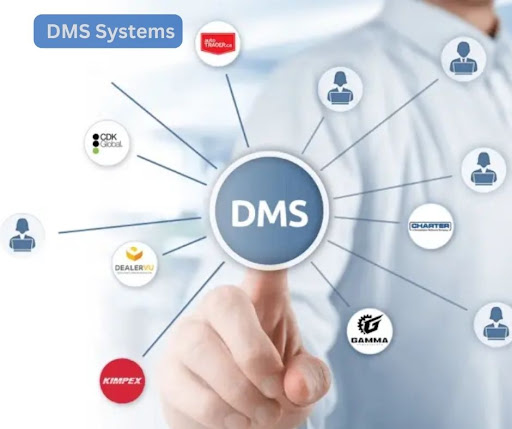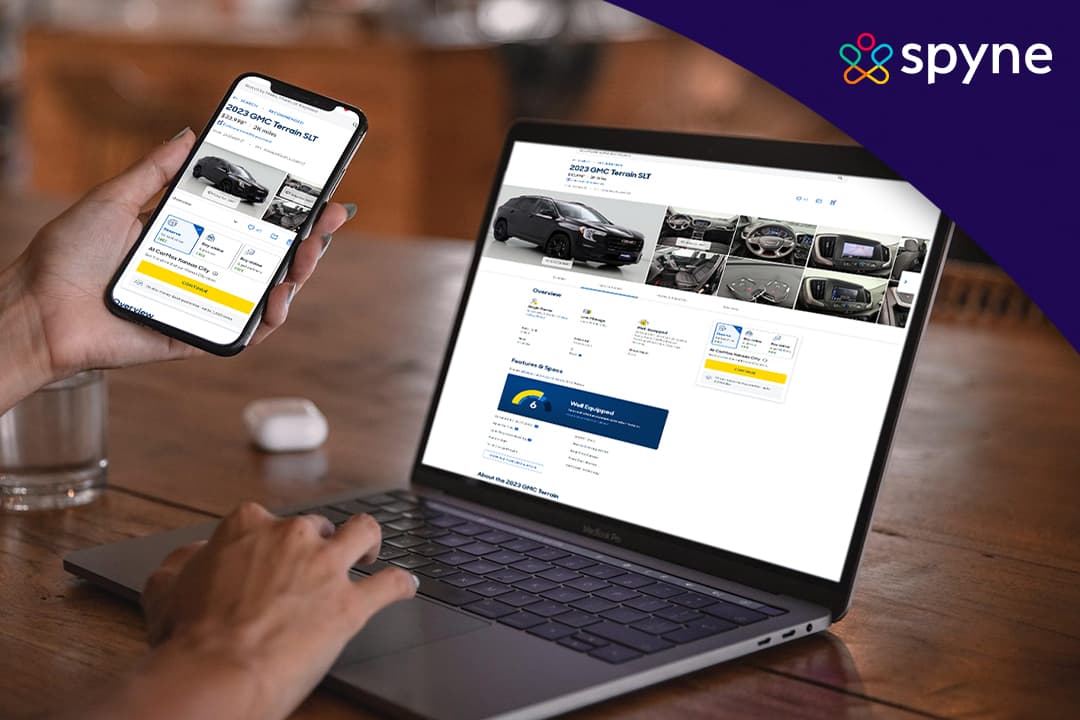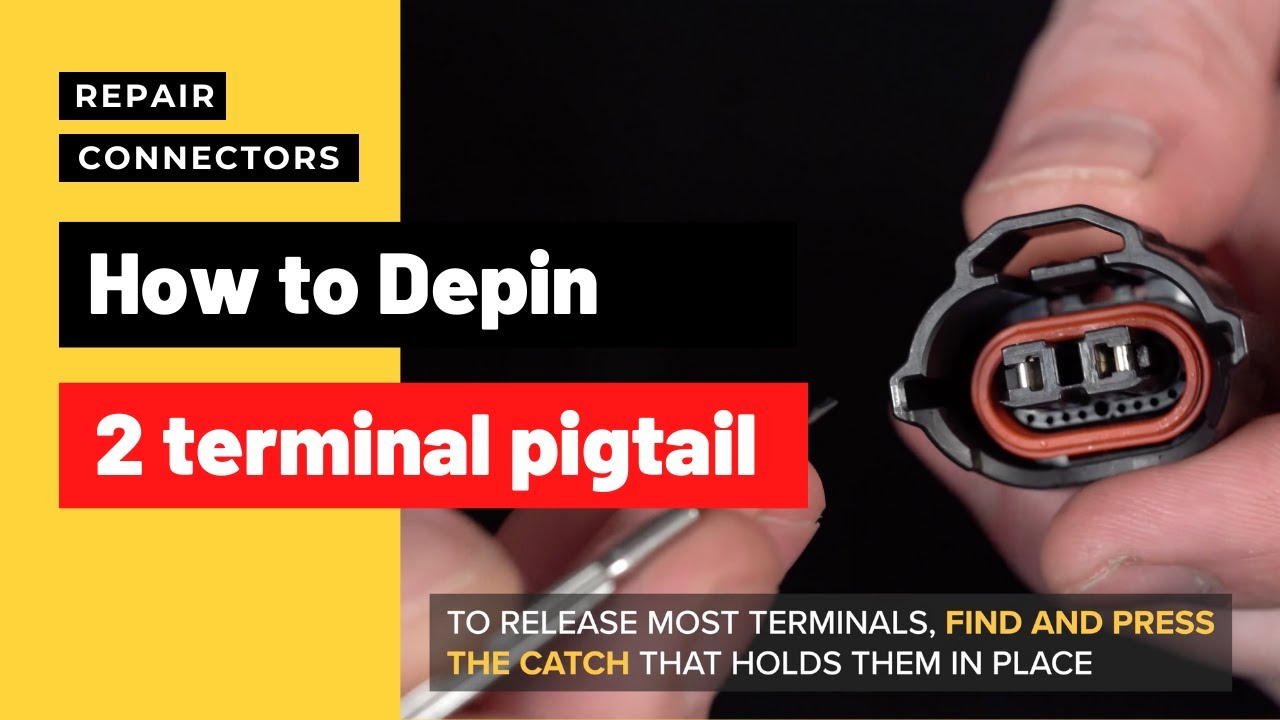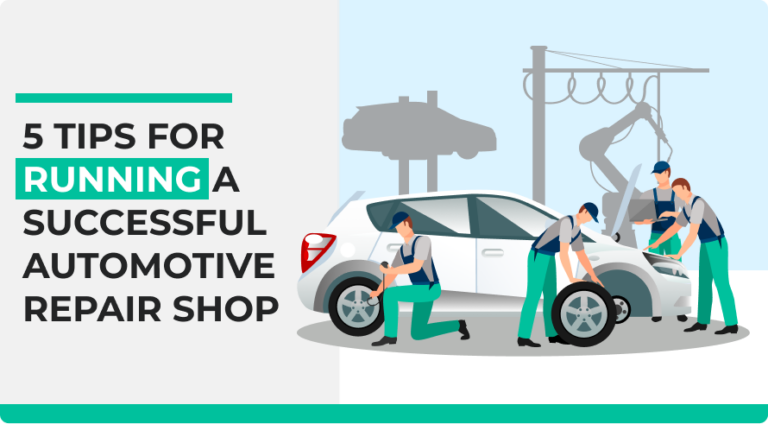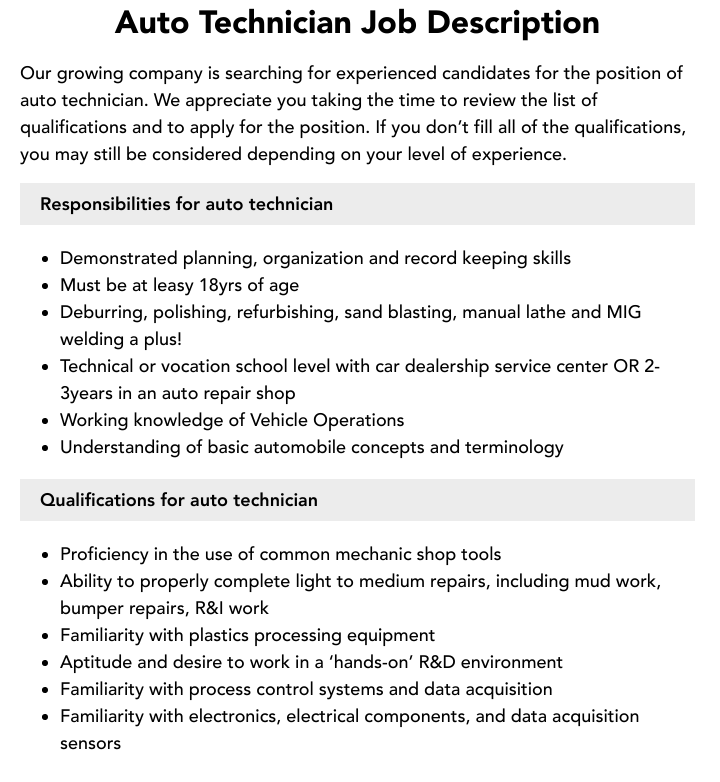Selling a Financed Car: Complete Guide to Options and Requirements
Understand the basics of sell a financed car
When you own a car that’s stock still on finance, you don’t technically own the vehicle unlimited. The finance company hold what’s call a’ lien’ on the car until you’ve paid off the loan wholly. This creates some complexities when you want to sell, but it’s perfectly possible with the right approach.
Sell a finance car basically mean you need to settle the outstanding loan before or during the sale process. Many car owners find themselves in this situation for various reasons – maybe they need to upgrade, downsize, or just can’t afford the payments anymore.
Can you lawfully sell a car that’s on finance?
The short answer is yes, but with important conditions. Sell a car with outstanding finance without disclose this fact to the buyer is illegal. It constitutes fraud because you’resoldl something you don’t amply own. The legal term for this is’ sell encumbered property,’ and it can lead to serious consequences.
For a legal sale, you must either:
- Pay off the loan totally before sell
- Get permission from your lender
- Use the buyer’s payment to clear the loan
- Transfer the loan to the buyer (if the lender allow )
Options for sale a car on finance
Option 1: pay off the loan first
The cleanest and simplest approach is to settle your finance agreement before list the car for sale. Contact your finance company and request a’ settlement figure’ – this is the total amount need to clear the loan whole. This figure typically includes:
- The remain loan balance
- Any interest that will accrue until the settlement date
- Potential early repayment fees
Once you’ve paid this amount, the finance company will release their interest in the vehicle and will provide you with documentation will confirm the loan is will settle. You can so sell the car as normal with a clear title.
Option 2: sell to a dealer
Dealerships regularly handle finance vehicles and have established processefor managingge the transaction. If you sell to a dealer, they can:
- Contact your finance company direct
- Pay off your remain loan as part of the purchase
- Handle the paperwork to clear the finance
The downside is that you’ll typically will receive less money than in a private sale. The dealer will need to make a profit when they’ll resell the vehicle, so they will offer below market value. Nonetheless, the convenience and simplicity may be worth the financial tratrade-offr many sellers.
Option 3: sell privately with outstanding finance
Sell privately while the car is stock still finance require careful handling but can be done successfully. Here’s the process:
- Obtain a settlement figure from your finance company
- Be transparent with potential buyers about the finance situation
- Arrange to meet the buyer at the finance company’s office or your bank
- The buyer pay the settlement amount direct to the finance company
- Any remain money go to you
- The finance company confirm the loan is clear
- Ownership documents are transfer to the buyer
This approach require trust from the buyer and clear communication throughout. Many buyers will be hesitant about this arrangement, so be prepared to will provide documentation and be flexible with the process.
Understand different finance types and their impact on selling
Personal contract purchase (pPCP)
PCP agreements are specially common and have specific considerations when sold:
- You will need to will request a settlement figure that will include the balloon payment
- Early termination oft result in significant fees
- The car might be worth less than the settlement figure (negative equity )
With PCP, you have three main options:
- Pay the settlement figure and sell the car
- Use the voluntary termination clause if you’ve paid 50 % of the total amount payable
- Will return the car to the finance company (though you won’t be able to sell it )
Hire-purchase ( ( )
)
With hp agreements, the finance company owns the car until the final payment. Selling require:
- Get write permission from the finance company
- Settle the outstanding balance
- Ensure the finance company remove their interest in the vehicle
Like PCP, you may have the voluntary termination option if you’ve paid 50 % of the total amount payable.
Personal loan
If you finance your car with a personal loan, the situation is slightly simpler because you technically own the car straight out. The loan isn’t secure against the vehicle specifically. You can sell the car without the loan company’s permission, but you’re stock still obligate to continue make payments on the loan.
Check if a car have outstanding finance
If you’re a buyer concern about purchase a car that might have outstanding finance, you can protect yourself by:
- Request a vehicle history check (hhipcheck in the uUK similar services exist in other countries )
- Ask the seller for documentation prove the loan is settled
- Meet at the finance company office to verify the loan status
- Get everything in writing before transfer any money
These checks are crucial because if you buy a car with outstanding finance, the finance company could lawfully repossess it from you, yet though you pay the seller in good faith.
Deal with negative equity
One common challenge when sell a finance car is negative equity – when you owe more on the car than it’s presently worth. This situation is specially common with newer vehicles due to rapid depreciation.
If you’re in a negative equity position, your options include:
- Pay the difference out of pocket to clear the loan
- Continue to make payments until you reach positive equity
- Roll the negative equity into a new car loan (though this is broadly not recommend )
- Voluntary termination (if yyou’ve paid50 % of the total amount payable under PCP or hp)
Deal with negative equity require careful financial planning. It’s frequently worth to consult with a financial advisor to determine the best approach for your specific situation.
The impact on your credit score
How you handle sell a finance car can affect your credit score:
- Will settle the loan decently and on time will have no negative impact
- Voluntary termination is your legal right and shouldn’t negatively affect your credit score, though it may be noted on your credit file
- Default on payments or improperly handle the sale can badly damage your credit
Maintain open communication with your finance company throughout the process is key to protect your credit rating.
Documentation you will need
When sell a finance car, gather these essential documents:

Source: cargurus.ca
- Your finance agreement
- Settlement letter from the finance company
- Vehicle registration document (title )
- Service history and maintenance records
- MOT certificates (in the uUK)or equivalent inspection documents
- Receipts for any major work or improvements
Have this paperwork will organize and ready will streamline the selling process and build trust with potential buyers.
Alternative options to consider
Part exchange at a dealership
Many dealerships offer part exchange deals where they take your finance car and apply its value toward a new purchase. The dealer handles pay off your will exist finance, though any negative equity will typically be will roll into your new finance agreement.
Voluntary termination
If you’ve paid at least 50 % of the total amount payable under aPCPp or hp agreement, you may have the right to voluntarily terminate the agreement. This will allow you to will return the car and will walk out without further payments, though you won’t be able to sell the car yourself.
Refinance
If your main issue is high monthly payments, refinance the loan might be worth to explore ahead decide to sell. This could result in lower monthly payments, make the car more affordable to keep.
Tips for get the best price when sell a financed car
-
Know your car’s value:
Research similar models online to understand the realistic market value. -
Clean and prepare the car:
A advantageously will present vehicle will command a better price. -
Gather all service records:
Document maintenance history increase buyer confidence. -
Be transparent about the finance situation:
Honesty build trust with potential buyers. -
Consider timing:
Certain times of year may yield better prices for specific types of vehicles. -
Create detailed listings:
High quality photos and comprehensive descriptions attract serious buyers. -
Be prepared to negotiate:
Have a minimum acceptable price in mind before discussions begin.
Legal protections and considerations
Both buyers and sellers have legal rights and responsibilities when transfer ownership of a finance vehicle:
- Sellers must disclose the finance status of the vehicle
- Buyers should verify the finance status severally
- All agreements should be document in write
- The vehicle registration documents must be decent transfer
- Insurance coverage need to be arranged by the new owner
In most jurisdictions, sell a car with undisclosed finance is considered fraud and can result in criminal charges. Ever err on the side of transparency and proper documentation.
Conclusion
Sell a car on finance is exclusively possible with the right approach. Whether you choose to settle the loan firstly, sell to a dealer, or arrange a cautiously manage private sale, understand your options and legal obligations is essential.

Source: refusedcarfinance.com
The key takeaways for successfully sell a finance car are:
- Invariably be transparent about the finance situation
- Get accurate settlement figures before proceed
- Consider all available options base on your financial situation
- Document everything cautiously
- Ensure the finance is decently clear as part of the sale
With careful planning and communication, you can navigate the process of sell a finance car successfully, protect both your financial interests and your legal standing.
MORE FROM promospotlight.com



